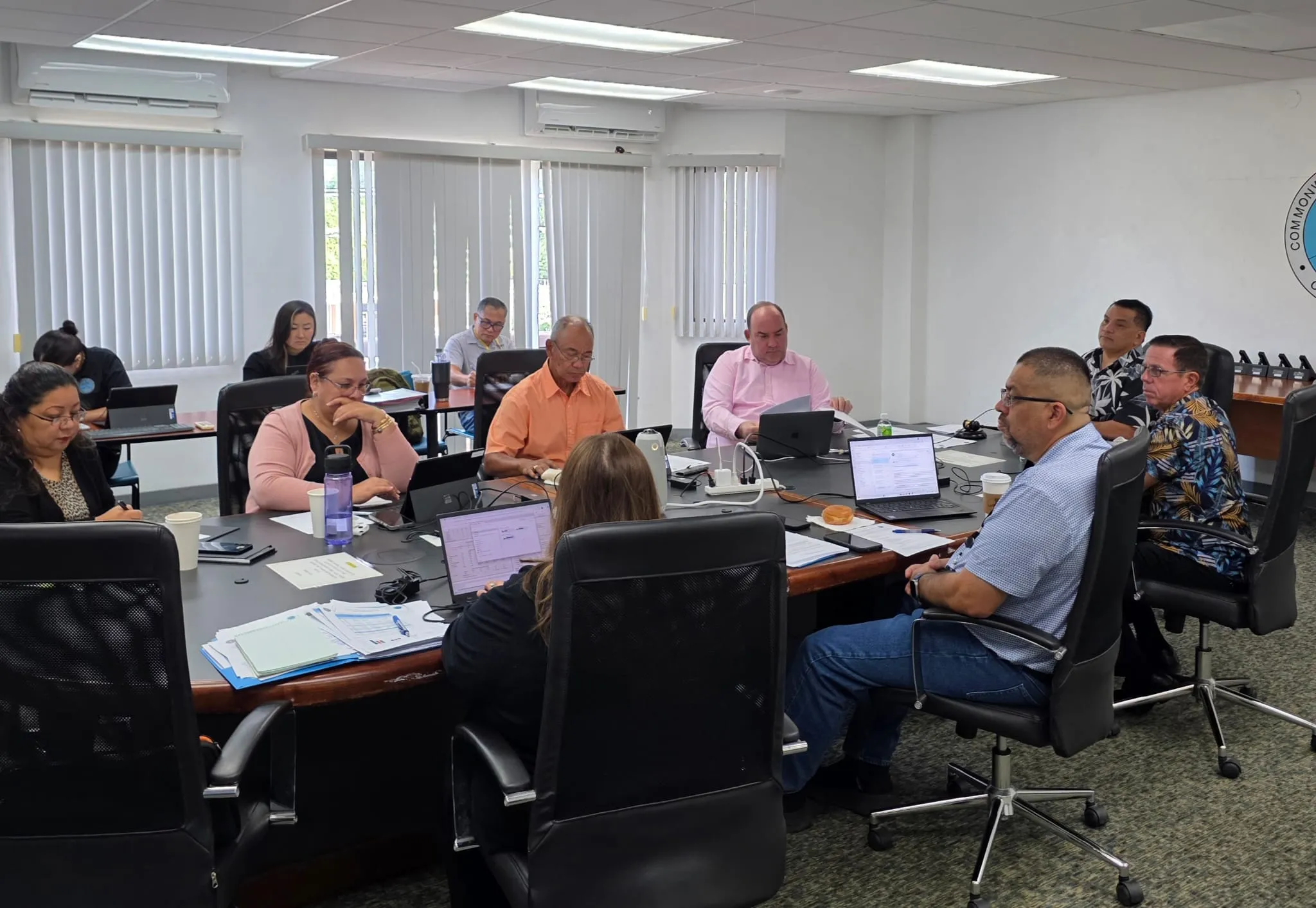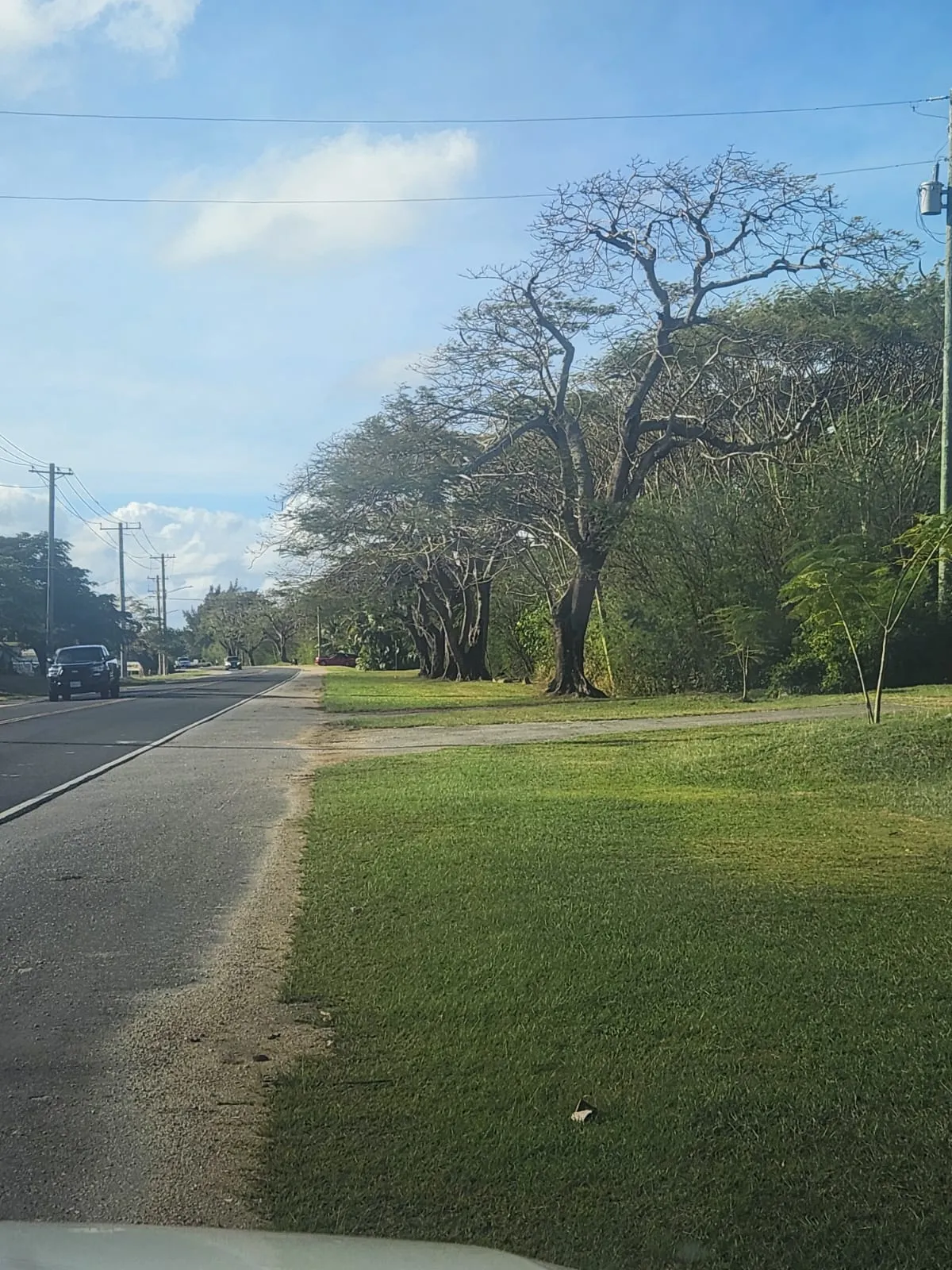
Senior Ninth Circuit Judge Margaret McKeown delivers her remarks at the Pacific Judicial Council conference.
Photo by Bryan Manabat
SENIOR Ninth Circuit Judge Margaret McKeown on Wednesday outlined both the promise and the perils of artificial intelligence in the legal system during a presentation at the Pacific Judicial Council’s mid-year conference.
McKeown was among the jurists and legal scholars speaking at the conference held Sept. 24–26 at the Crowne Plaza Resort on Saipan.
One of her chief concerns was AI “hallucinations” — instances where the technology generates false citations or fabricates legal references. She cited several cases in which attorneys submitted briefs containing entirely invented citations, resulting in court sanctions and fines.
“AI is not magic; it’s just algorithms,” McKeown said, referencing a conversation she had with Microsoft President Brad Smith. She described AI as a tool that produces novel outputs based on large data sets, emphasizing that human verification is essential.
Her presentation included these key takeaways:
– AI can be a valuable tool for legal professionals.
– Existing legal standards, such as Rule 11, already require citation accuracy.
– Confidentiality remains a significant concern when using AI platforms.
– Human oversight is essential in AI-generated content.
To illustrate AI’s limitations, McKeown tested several platforms by asking them to draft a legal complaint. The results revealed consistent flaws, including incorrect jurisdictional citations, inclusion of potentially damaging facts, and a lack of understanding of local court rules.
She also discussed judicial responses, such as a Massachusetts judge warning lawyers against using AI without proper verification.
“We had more than 300 cases worldwide in 17 countries where errors were caught because of AI,” McKeown said.
Despite the risks, she noted practical applications for AI, including summarizing documents, preparing initial drafts, and automating administrative tasks.
“AI can be useful. It can be helpful. It can save you time, but you need to be cautious,” she added, urging legal professionals to treat AI as a supportive tool — not a substitute for human judgment and expertise.
The judicial conference concludes today, Friday, with session topics including constitutional and statutory interpretation, judicial conduct, pretrial practice, and the rapid rise of artificial intelligence in legal systems.










